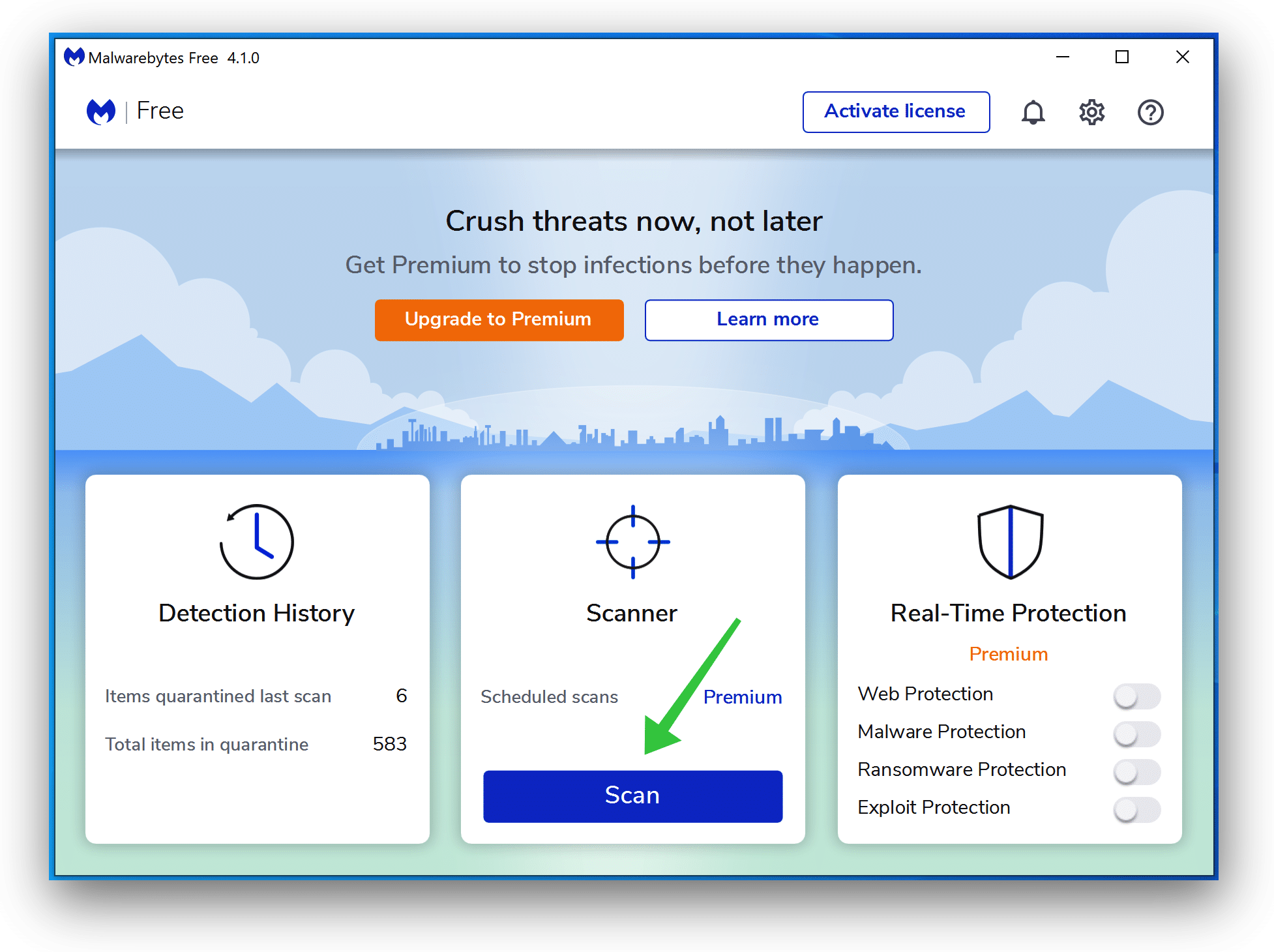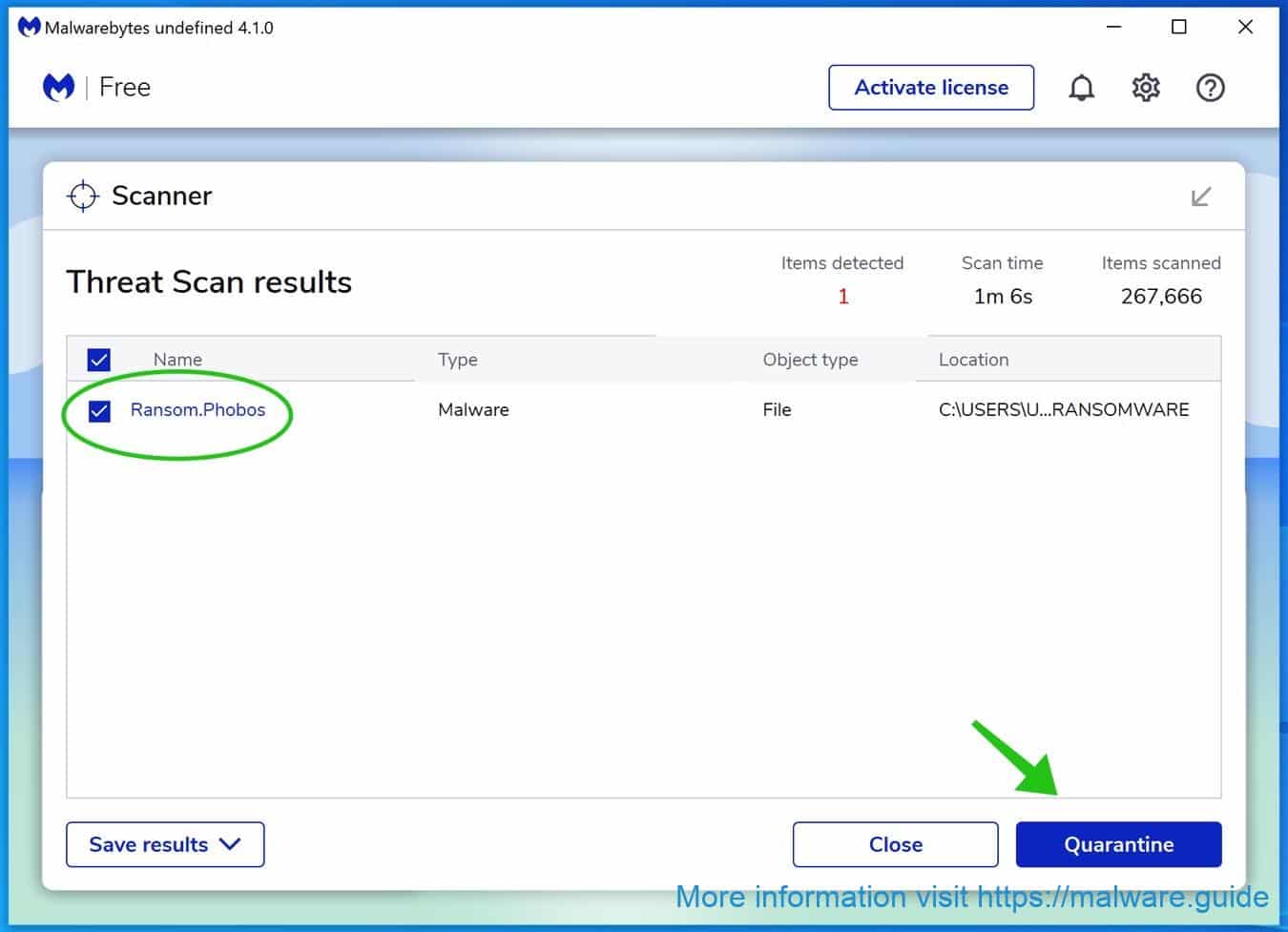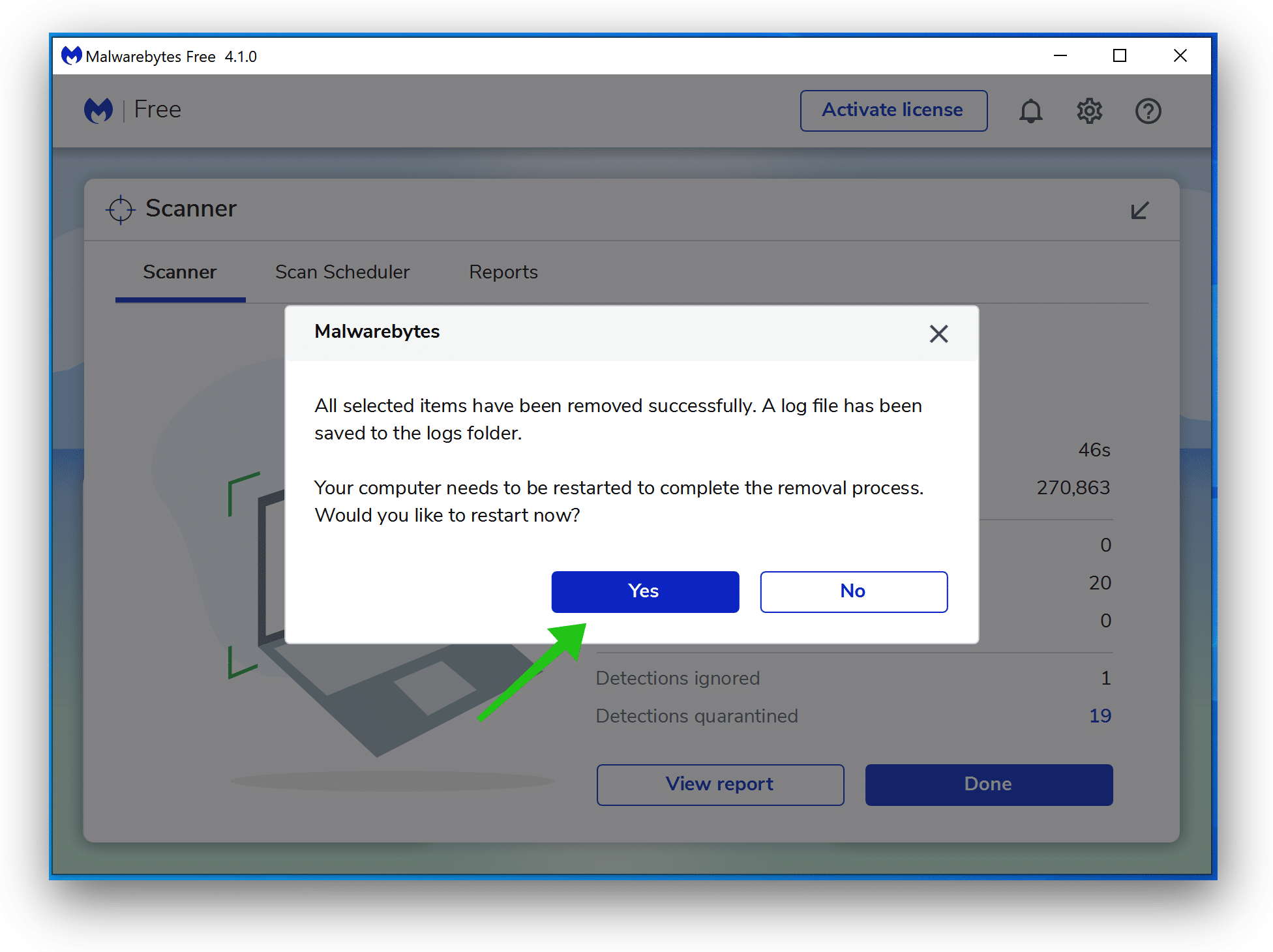Kolz ransomware is designed to encrypt your personal files and personal documents. Kolz ransomware requests bitcoin cryptocurrency to recover the encrypted files. The ransom charge varies from different versions of the Kolz ransomware.
Kolz ransomware encrypts files on your computer and adds a string of unique characters to the extension of the encrypted files. For example, image.jpg becomes image.jpg.Kolz
The decrypt text-file with instructions is placed on the Windows desktop: DECRYPT-FILES.txt
In most cases, it is not possible to recover the files encrypted by Kolz ransomware without the intervention of the Ransomware developers.
The only way to recover files infected by Kolz ransomware is to pay the ransomware developers. Sometimes it is possible to recover your files but this is only possible when the ransomware developers made a flaw in their encryption software, which unfortunately doesn’t occur frequently.
I do not recommend paying for the Kolz ransomware, instead, make sure you have a valid FULL back-up of Windows and restore it immediately.
Read more about how to restore Windows (microsoft.com) and how to protect your computer from ransomware (microsoft.com).
Having said that there are no tools at this moment to restore your encrypted personal files or documents that are encrypted by the Kolz ransomware because the decryption key used to recover your files is server-side meaning the decryption key is only available from the ransomware developers. There is a Kolz ransomware removal tool to remove the ransomware payload file.
Try to decrypt files using online tools
You can try to restore your encrypted files using the ID Ransomware decrypt tools. In order, to proceed you need to upload one of the encrypted files and identify the ransomware that infected your computer and encrypted your files.
If a Kolz ransomware decryption tool is available on the NoMoreRansom site, the decryption information will show you how to proceed. Unfortunately, this almost never works out. Worth the try.
Remove Kolz Ransomware with Malwarebytes
Note: Malwarebytes will not restore or recover your encrypted files, it does, however, remove the Kolz virus file that infected your computer with the Kolz ransomware and downloaded the ransomware file to your computer, this is known as the payload file.
It is important to remove the ransomware file if you are not reinstalling Windows, by doing so you will prevent your computer from another ransomware infection.
- Install Malwarebytes, follow on-screen instructions.
- Click Scan to start a malware-scan.

- Wait for the Malwarebytes scan to finish.
- Once completed, review the Kolz ransomware detections.
- Click Quarantine to continue.

- Reboot Windows after all the detections are moved to quarantine.

You have now successfully removed Kolz Ransomware file from your device.